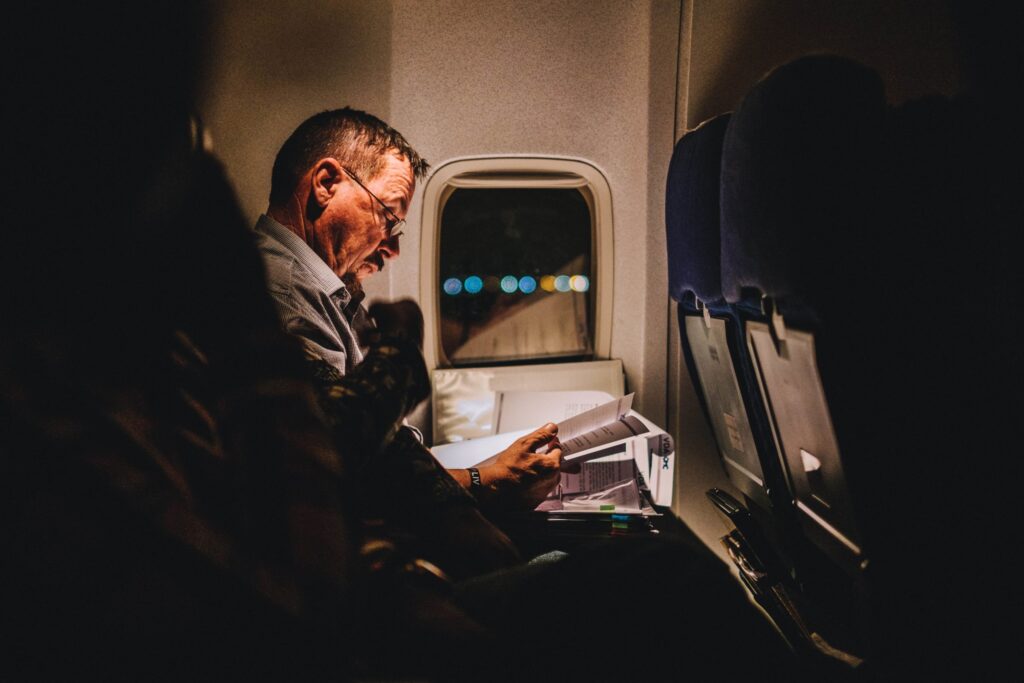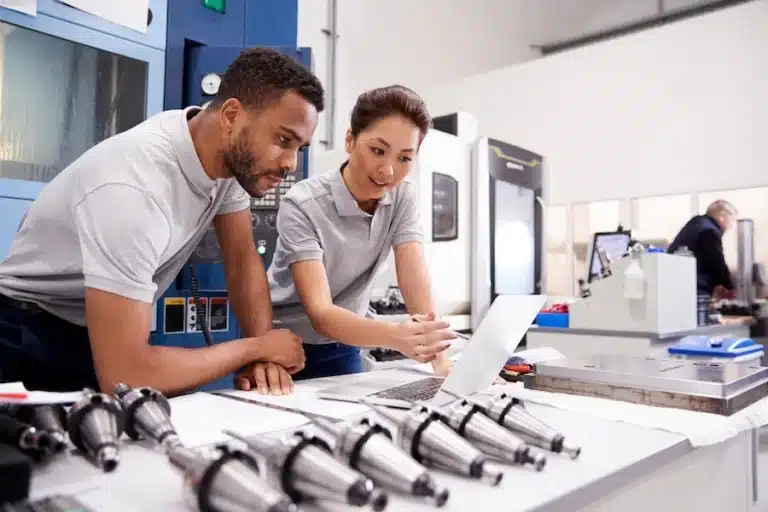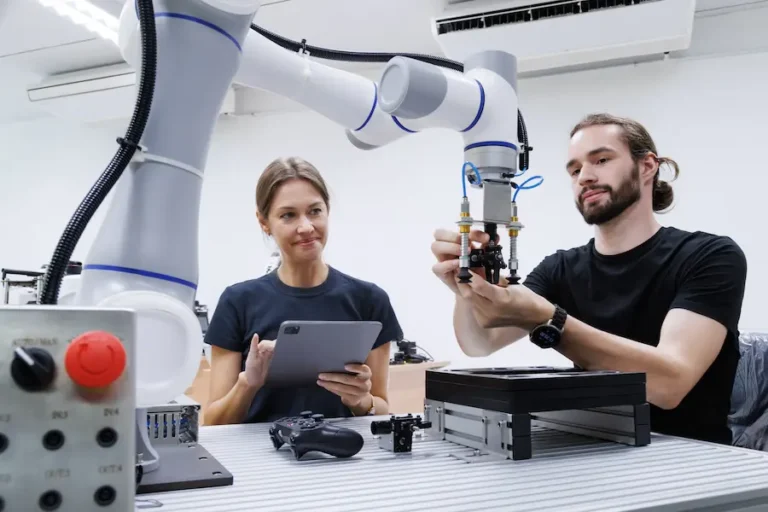You can claim R&D Tax Credits on travel and subsistence costs, but only in certain conditions. Here’s what you need to know.
HMRC allows companies to claim tax credits for R&D-related travel and subsistence costs as part of your qualifying staff expenditure.
This is good news for founders, who often route subsistence and travel cost through the company, particularly in the early days of their startup’s development.
To qualify for R&D Tax Credits, the travel or subsistence cost needs to have been first paid by the employee and then reimbursed by the company.
So, if an employee needs to fly somewhere as part of their R&D efforts, they have to buy their plane ticket with their own money and have the company pay them back later.
This is because only reimbursed travel and subsistence costs count as staffing expenditure and are therefore eligible for tax relief.
Here’s HMRC’s official guidance: “Cash reimbursements of expenses or other reimbursements with salary are [included in staff costs]. Expenditure is reimbursed if the cost is initially borne by the employee.
“So, for example, expenditure incurred by an employee using a credit card in the name of the company would not be reimbursed expenditure because the cost was not initially borne by the employee.”
What is a staff cost?
That being said, it’s not enough that an expense is work-related and paid for by an employee.
For travel or subsistence expenses to be eligible for R&D Tax Credits, they must be:
- Made in service of R&D
- A qualifying staff cost
So what exactly is a qualifying staff cost?
While some companies have more generous reimbursement policies than others and will pay for an employee’s meals while they’re travelling for work.
For example, HMRC has a strict definition of what does and doesn’t qualify as a staff cost.
A qualifying staff cost must satisfy these criteria:
- The expense constitutes an expense to the company of employing staff, and…
- The expense is an expense the employee pays in order to fulfil the requirements of her employment.
So, an expense isn’t immediately eligible for R&D Tax Credits just because an employee pays for it, it’s work-related, and it’s ultimately paid back by the company.
An example of claimable travel and subsistence costs
Zara needs to travel from London to Manchester to visit a software consultancy that’s developing a module for a new digital service her company is creating.
Zara travels by train and pays £100 for her return ticket with her company credit card.
When she arrives, she buys a sandwich for breakfast and hails a cab to take her to the consultancy. She pays for both with her own money.
The taxi costs £15, and the sandwich costs £5.
The breakdown:
Train ticket – Not claimable
The ticket was paid for with the company card, so it isn’t a reimbursed expense.
Breakfast – Not claimable
While your company might reimburse Zara for her breakfast, as it was purchased while travelling for work, it’s not a qualifying staff cost as you did not purchase it “in order to fulfil the requirements of her employment”.
Taxi – Claimable
It’s an R&D-related travel expense that was paid for by the employee. The taxi fare is, therefore, eligible for R&D Tax Credits.
Questions?
HMRC’s explanations leave a lot of room for ambiguity.
If you’re not sure whether a cost qualifies for R&D Tax Credits or have any questions about the R&D Tax Credits scheme generally, please get in touch!
Our team of experts would be happy to help.




